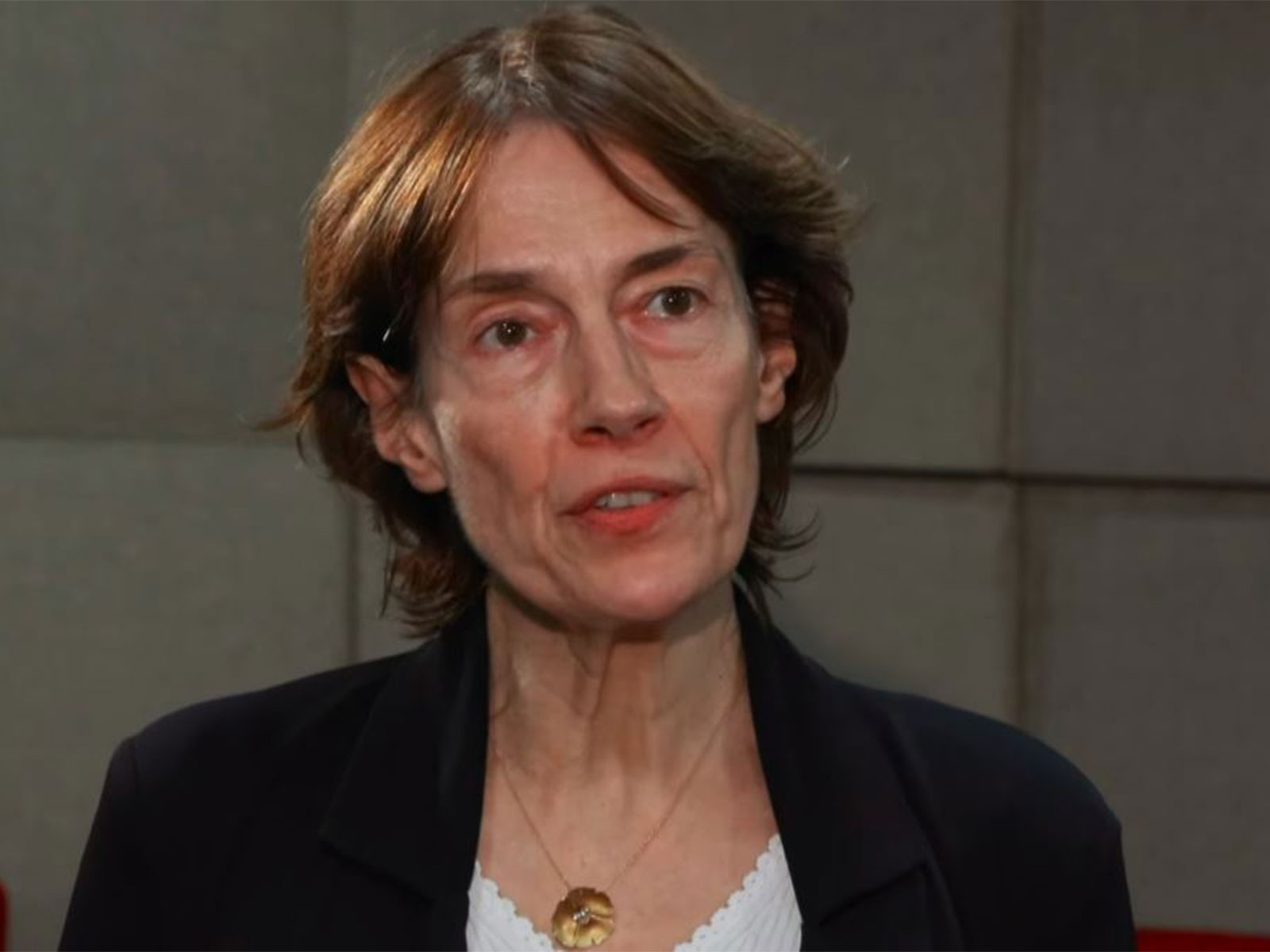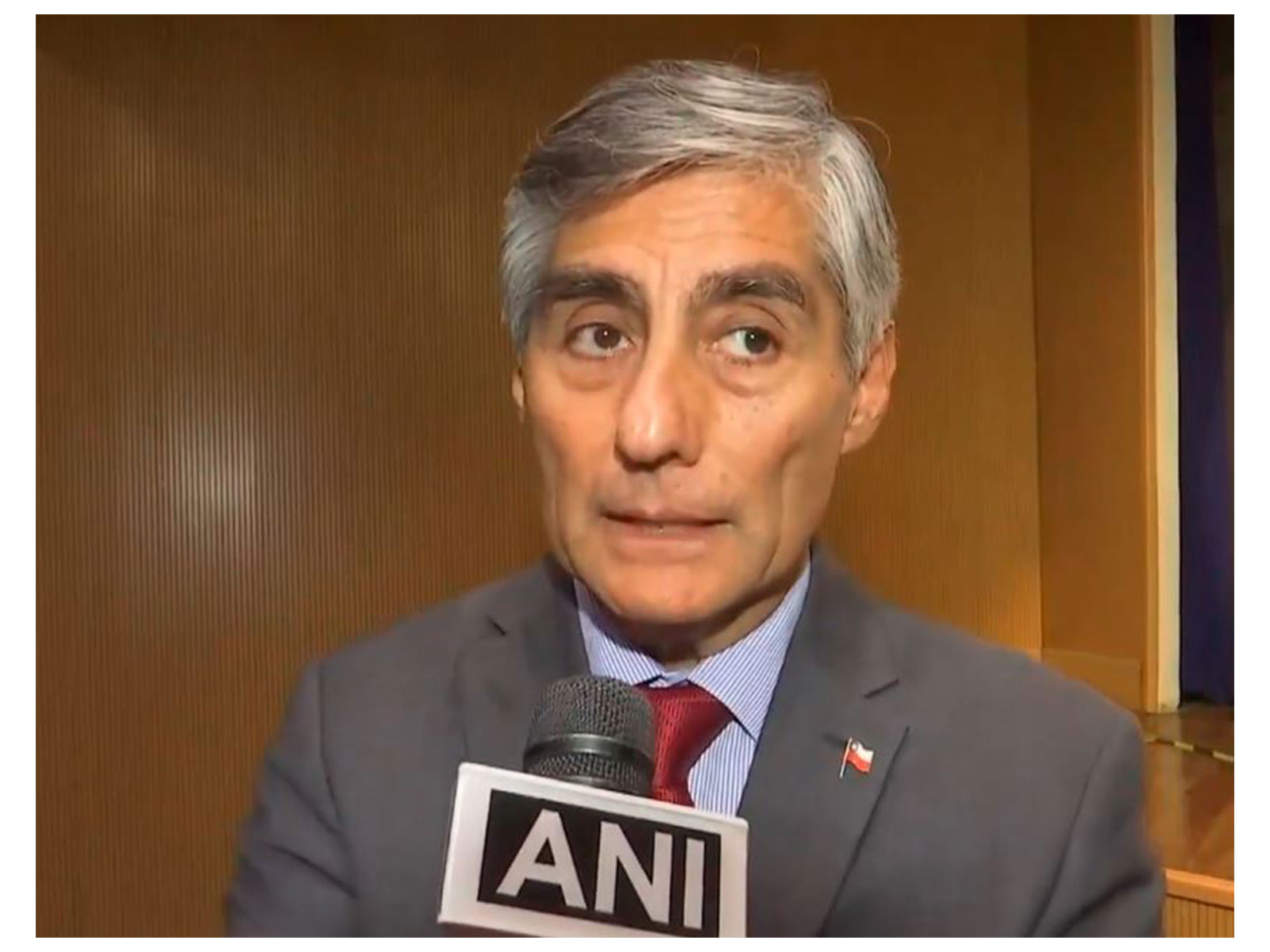Hong Kong cancels passports of six pro-democracy activists living in exile, calls them "lawless wanted criminals"
Jun 12, 2024

Hong Kong, June 12 : Hong Kong has cancelled the passports of six pro-democracy activists residing in exile overseas under its newly-enacted domestic security law. The Hong Kong government has called them "lawless wanted criminals," Al Jazeera reported.
Apart from the cancellation of the "absconders'" travel documents, the government said that the six people were barred from doing any business dealings in Hong Kong, including financial transactions from cash to gold.
In a statement, a government spokesman said, "These lawless wanted criminals are hiding in the United Kingdom and continue to blatantly engage in activities that endanger national security," Al Jazeera reported.
"They also make scaremongering remarks to smear and slander the Hong Kong Special Administrative Region. More so, they continue to collude with external forces to protect their evil deeds. We therefore have taken such measure to give them a strong blow," he added.
The six men, accused of national security crimes in Hong Kong and wanted by police, include former legislator Nathan Law, activist Finn Lau, labour rights activist Christopher Mung, Fok Ka-chi, and Choi Ming-da, as well as UK consulate worker Simon Cheng who was detained for 15 days in China in August 2019, Al Jazeera reported.
In the statement, the government has also warned people in Hong Kong that giving any financial assistance to six men or engaging in any business dealings with them, was an offence with a potential seven-year jail term.
In a post on X, Finn Lau called the Hong Kong government's action an "explicit act of transnational repression" but added that it would not stop him from campaigning for what he believed in.
He further said that he had never applied for, or had, a passport for the HKSAR, Hong Kong's official name. In a post on X, Lau wrote, "The act of repression does not deter me from advocating for human rights & democracy." He added, "The fighting spirit of Hongkongers, including mine, remains."
Hong Kong police have offered to pay 1 million Hong Kong dollars to any person who provides information leading to the arrest of 13 pro-democracy activists living overseas, including the six men whose passports have been cancelled.
Earlier in March, Hong Kong's legislature passed the security law known as Article 23, in addition to a security law imposed by China in July 2020 in the wake of protests that sometimes turned violent, Al Jazeera reported.
Hong Kong and China have stressed that the laws have helped to bring stability to the region. However, critics have slammed the law, saying that it has curbed the freedom of Hong Kong.
The 90-seat council stacked with pro-China loyalists was first presented with the bill on March 8, following a monthlong public consultation. Eighty-eight lawmakers and the legislative council president voted unanimously to enact the legislation.
According to a CNN report, the new national security legislation covers a raft of new crimes, including treason, espionage, external interference and unlawful handling of state secrets, with the most serious offences punishable by up to life imprisonment.
In the first use of the newly passed national security law, six persons were arrested by the Hong Kong police on May 28, over social media posts deemed "seditious" by authorities, CNN reported.
The city's national security police arrested six people, including a woman who is currently in prison, on suspicion of committing acts with "seditious" intent, according to a police statement.
Police accused the woman in custody and five others of taking advantage of "an approaching sensitive date" to anonymously publish seditious posts on social media since April.
The police alleged that their goal was to "incite citizens' hatred of the central authorities, the city government and the judiciary, and to incite netizens to organize or participate in illegal activities later on." However, the police statement did not state the upcoming 'sensitive date'.




















